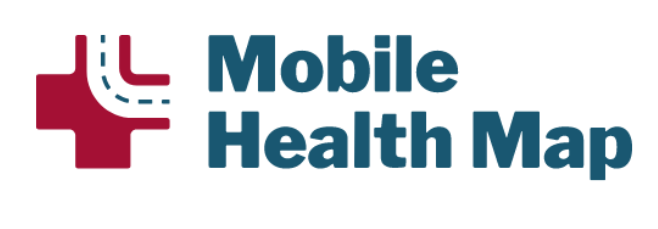The mobile Health Map
Making the case for mobile health care

The Challenge
The U.S. healthcare system is losing the twin battles of affordability and access in too many communities across the nation. The Mobile Health Map, an innovative joint research project by Harvard Medical School and the Mobile Healthcare Association, located mobile health clinics within the existing organizational and business imperatives of traditional health delivery systems, making a case for their importance on the grounds of both financial performance and equity in health outcomes.
MHA partnered with Pinkston to promote the report’s findings to targeted policymaking and healthcare delivery audiences. Taking up direct outreach, Pinkston made connections to subject-matter experts and researchers from the RAND Corporation, the Center for Health Care Strategies, and the Alliance for Health Policy, giving the research team the opportunity to amplify the report’s impact and present directly to other thought leaders.
Pinkston’s Approach
We built our media strategy on two key pillars:
- Extracting from the report data and insights about the post-pandemic impact of mobile health that couldn’t be found elsewhere; and,
- Coupling that research with first-person narratives of successful clinics that could help localize and put a human face on the importance of mobile health in underserved communities.
Results
Pinkston secured coverage of the report in targeted publications including Politico, STAT, Modern Healthcare, HealthLeaders, Healthcare Dive, Chief Healthcare Executive, and AIS Health. Pinkston also secured local media coverage highlighting mobile health care successes in Baton Rouge, Philadelphia, Jacksonville, Detroit and Atlanta, along with writing and placing two op-eds.
The campaign, a quick sprint necessitated by limited grant funding, ended up accruing nearly 2 million impressions national and across all seven targeted states.